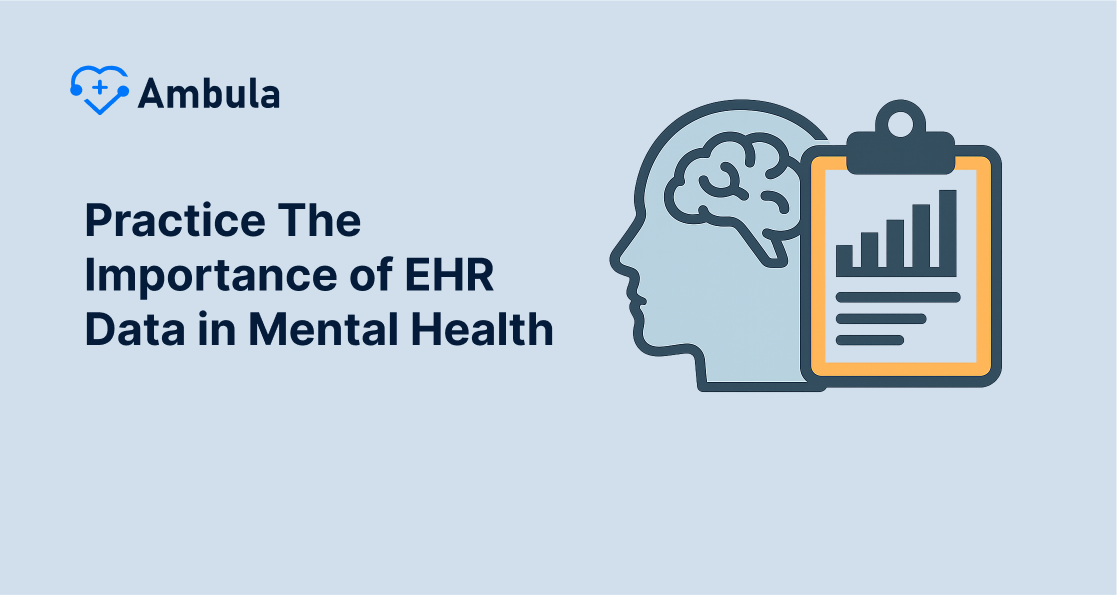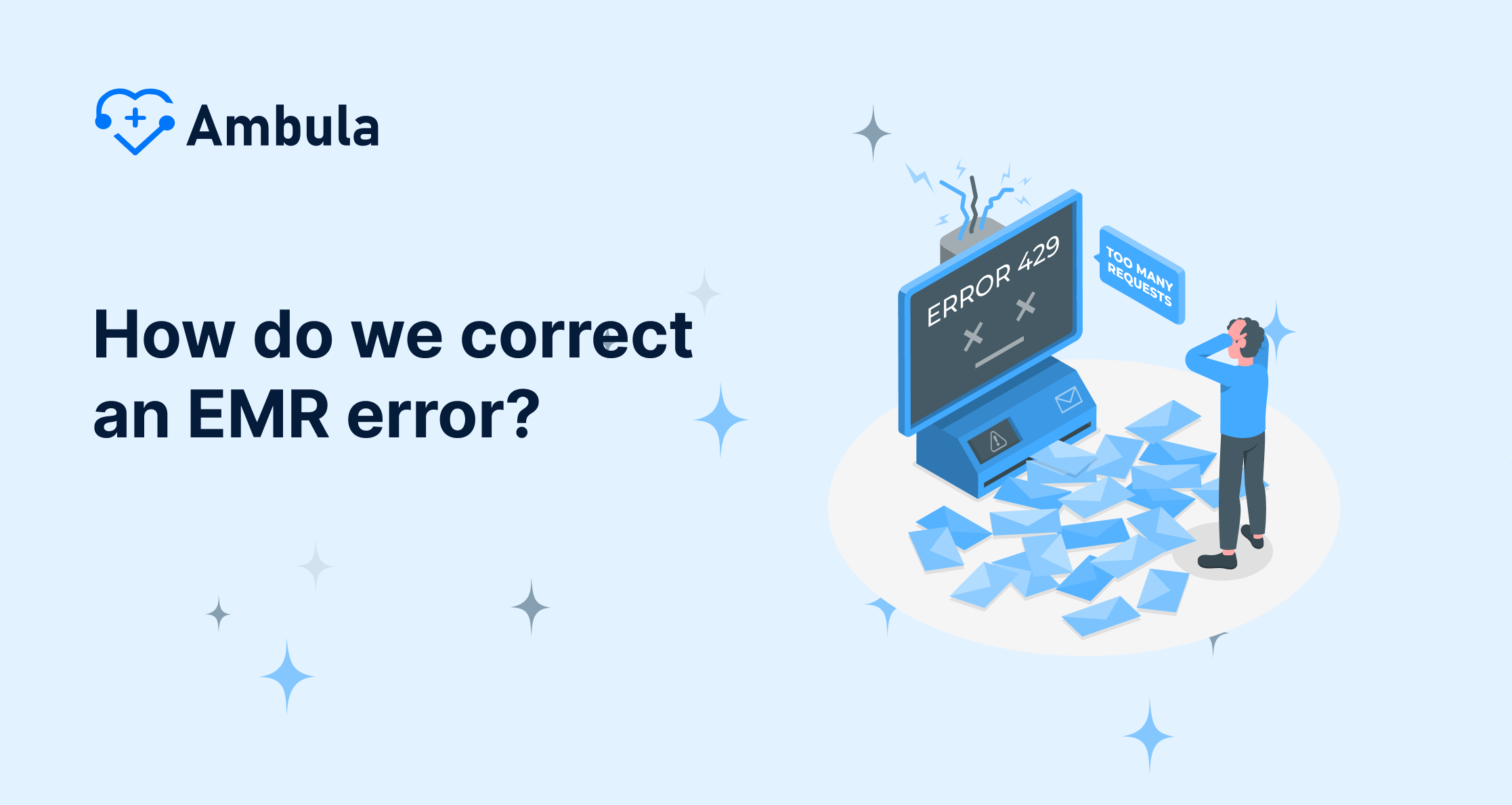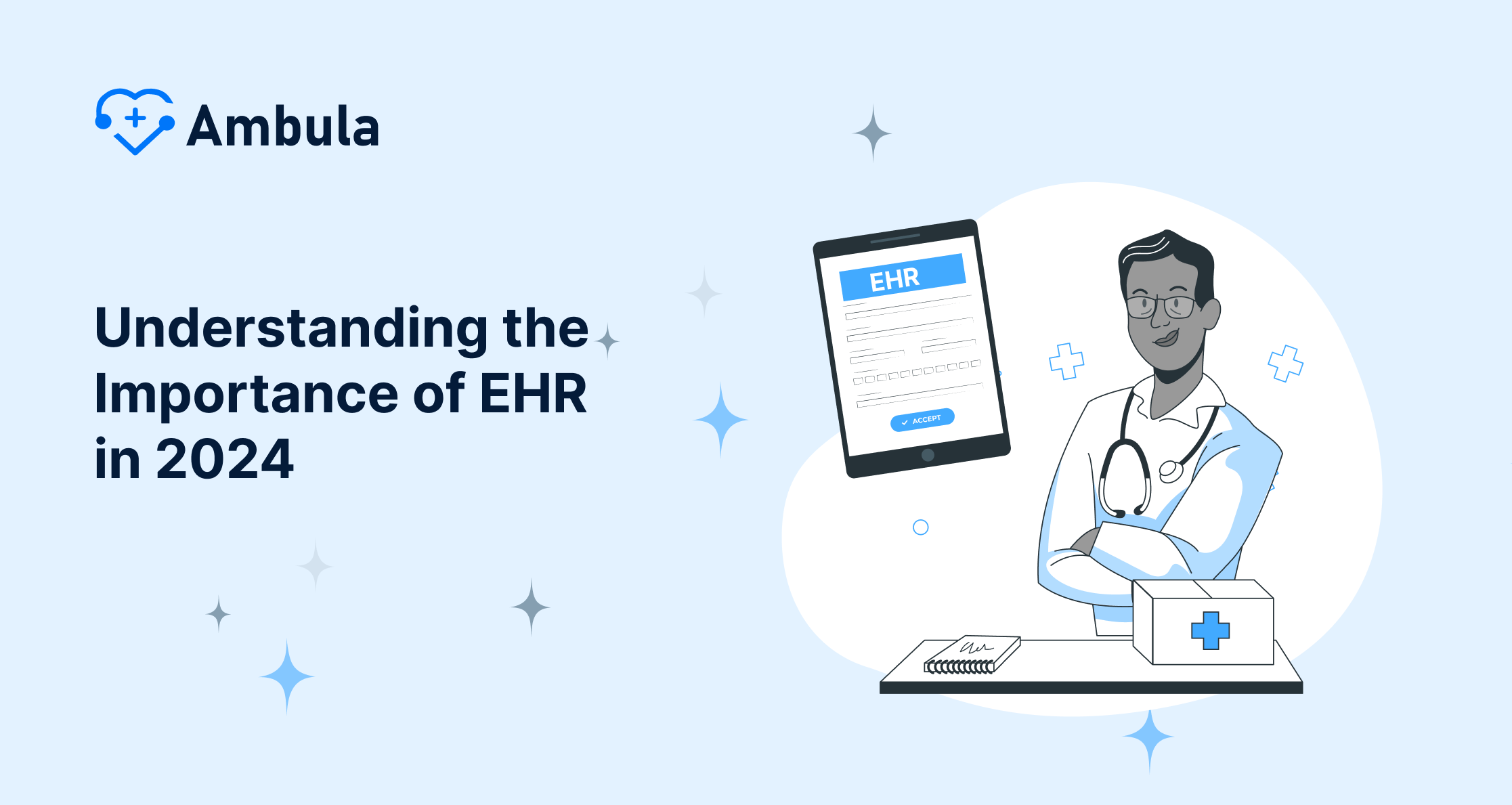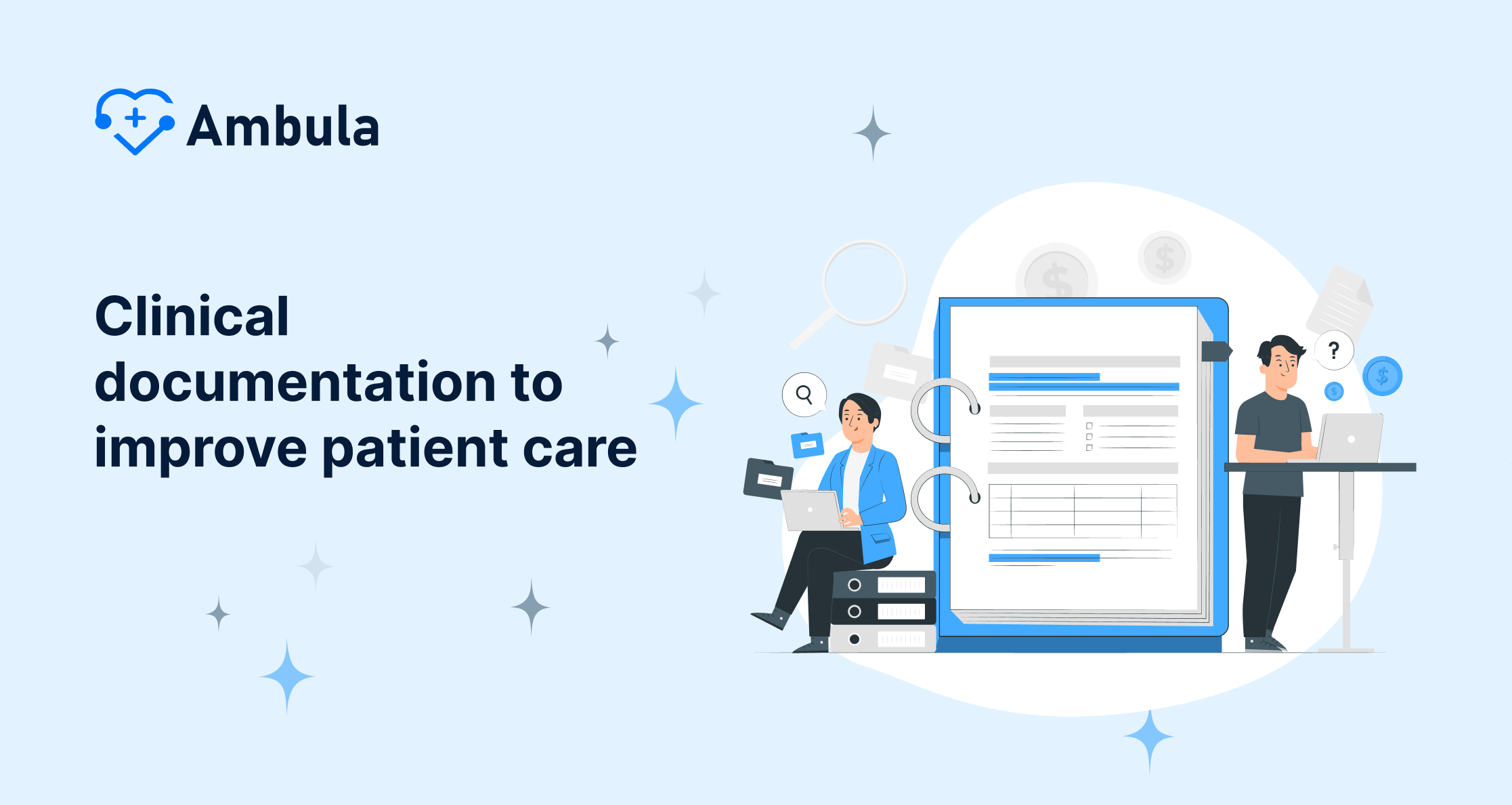Neurology electronic health record (EHR) data has undergone a significant transformation. It has evolved from basic record-keeping to a powerful suite of tools within advanced data systems. This evolution necessitates a well-planned approach to EHR data migration. Such planning ensures a seamless transition and preserves data integrity. The transformative power of EHRs lies in their ability to leverage patient histories, imaging, and treatment plans. This leveraging drives improvements in patient care and operational efficiency. For example, research published in 2023 indicates a significant impact of Alzheimer’s disease. Approximately 6.7 million Americans are living with Alzheimer’s. Projections estimate this number will increase dramatically, reaching 88 million by 2050. Effective use of EHR data empowers neurologists. It enables them to make data-driven decisions, personalize treatments, and advance research. This empowerment is revolutionizing the field. This article explores this transformation. It examines the key components, benefits, challenges, and future trends of neurology EHR data.
Key Components of EHR Systems Driving Transformation in Neurology
EHR systems are more than just repositories of information. Their key components actively drive transformation in neurology. These components include advanced tools. These tools manage patient demographics, clinical notes, medication, and orders. They streamline workflows and reduce errors. Understanding the nuances of structured data versus unstructured data is crucial for efficient data management. For instance, studies show a prevalence of unstructured data. Approximately 80% of neurological data in EHRs exists as unstructured clinical notes. This prevalence requires sophisticated natural language processing. Such processing is essential to extract meaningful insights. Integration with imaging and lab systems provides a holistic view. Decision support tools and patient portals further enhance the transformative potential of EHRs. The ability to accurately capture EHR data is fundamental to the system’s effectiveness. Optimizing these components allows neurology practices to achieve significant advancements. These advancements occur in care delivery and patient engagement.
The Benefits of Effective Neurology EHR Data
Effective management of neurology EHR data transforms patient care. This transformation occurs by improving safety, coordination, and outcomes. The accuracy of EHR data is paramount. It minimizes errors, ensures informed decision-making, and facilitates seamless communication among healthcare providers. Robust measures for patient data security in EHR are essential. They protect sensitive information and maintain patient trust. This protection leads to more personalized treatment plans. It also enables better management of chronic conditions. Enhanced patient satisfaction is another result. Recent analyses provide quantifiable benefits. Neurological practices using advanced EHR systems report up to a 30% improvement in clinical workflow efficiency. They also experience a 25% reduction in administrative burden. Furthermore, EHR data supports quality improvement initiatives and research. Approximately 66.3% of neurological studies now leverage datasets of over 10,000 patients. This leveraging drives continuous advancements in neurological care. It also transforms the overall patient experience.
Overcoming Challenges to Unlock Transformative Potential
While the transformative potential of neurology EHR data is immense, several challenges must be addressed. Interoperability issues can hinder data exchange. They also limit coordinated care. Studies quantify this limitation. Only 62% of neurology departments report successful integration with other specialty systems. Specific challenges in EHR data visualization can impede insight extraction. They hinder the ability to extract meaningful insights from complex neurological data, such as EEG readings or MRI scans. Data security and compliance with regulations like HIPAA are critical. They maintain patient trust and ensure ethical data use. A survey of neurological practices highlights a key technical challenge. Approximately 73% of practices cited data integration as their primary technical challenge. This challenge arises when implementing EHR systems. Addressing these challenges requires robust solutions and best practices. Such solutions and practices are essential to fully unlock the transformative power of EHRs in neurology.
Data Quality: The Foundation for Transformative Insights
Data quality forms the cornerstone of any effort. This effort aims to transform neurology through EHRs. Accurate, complete, and consistent data is essential. It generates reliable insights. These insights drive better clinical decisions and improve patient outcomes. Implementing best practices is crucial. These practices involve data collection, validation, and maintenance. They ensure that EHR data is a trustworthy foundation. This foundation supports transformative applications. Certified EHR audit data plays a vital role. It verifies data integrity and compliance. Studies provide compelling evidence. Neurology practices with formal data governance protocols experience significant benefits. They have 47% fewer documentation errors. They also report 39% higher physician satisfaction rates. Investing in data quality represents an investment. It is an investment in the future of neurology. This investment enables the development of innovative solutions. It also fosters advancements in patient care.
The Role of Data Analysis
Data analysis is revolutionizing neurology. It achieves this revolution by turning raw EHR data into actionable intelligence. Advanced analytics techniques are employed. These techniques include machine learning and artificial intelligence (AI). They identify patterns, predict outcomes, and personalize treatments. The benefits of storing EHR data in a data warehouse become apparent. This becomes clear when analyzing large datasets. Such analysis is crucial for research and population health management. This analysis empowers neurologists. It enables them to diagnose diseases earlier. It also facilitates more effective intervention. Furthermore, it improves the overall management of neurological conditions. Clinical studies provide quantitative evidence. Research leveraging EHR data demonstrates a 42% improvement. This improvement occurs in the early detection of neurological disorders. It is achieved when combined with predictive analytics. By leveraging data analysis, neurology is moving towards a future. This future involves more precise, proactive, and patient-centered care.
Connecting Systems for Transformative Care Coordination
Interoperability is a key driver. It drives transformative change in neurology. This change involves enabling seamless data exchange. The exchange occurs between different healthcare systems. Standardized data formats and exchange protocols facilitate information sharing. This sharing improves care coordination. It also reduces fragmentation. An accessibility data repository in EHRs is crucial. It ensures that authorized providers can access necessary information efficiently. Industry surveys provide compelling data. Neurological practices with high interoperability standards demonstrate significant reductions. They experience 35% fewer repeated diagnostic tests. They also report a 28% reduction in medication errors. This interoperability ensures comprehensive information access. All healthcare providers involved in a patient’s care have the information needed. This information supports informed decisions and improves patient safety. By connecting systems and breaking down data silos, interoperability transforms neurology care delivery.
Security and Compliance: Ensuring Trust in Transformative Technologies
Security and compliance are paramount. They are crucial for building trust. This trust is essential for the transformative technologies. These technologies rely on neurology EHR data. Robust security measures are necessary. Such measures include encryption and access controls. They uphold patient data security in EHRs. They also prevent data breaches. Compliance with regulations, such as HIPAA, is crucial. It ensures ethical and responsible handling of patient information. This handling fosters trust among both patients and providers. Healthcare facilities provide evidence of patient concerns. Reports indicate that 87% of patients express concerns. These concerns relate to the security of their neurological data. This statistic highlights the critical importance of robust protections. Prioritizing security and compliance creates a safe and reliable environment. This environment supports the continued transformation of neurology. This transformation is driven by EHR data.
AI, Innovation, and EHR Data
The future of neurology is shaped by a convergence. This convergence involves artificial intelligence (AI), innovation, and EHR data. Advanced data systems provide the infrastructure. This infrastructure supports AI-powered tools. These tools enhance diagnostic capabilities. They also personalize treatment plans. Furthermore, they accelerate research discoveries. Innovations are also transformative. Examples include telemedicine, wearable devices, and advanced data analytics. These innovations are further transforming neurology care delivery. They also enhance management. A landmark study provides compelling evidence. AI algorithms, trained on comprehensive EHR datasets, achieved remarkable accuracy. They demonstrated 91% accuracy. This accuracy was in predicting disease progression for multiple sclerosis patients. This performance outperformed traditional prognostic methods by a substantial margin. The outperformance was 23%. Embracing these advancements is crucial. Leveraging EHR data is also essential. These actions propel neurology towards unprecedented progress. They also yield improved patient outcomes.
Realizing the Transformation of Neurology through EHR Data
In conclusion, EHR data acts as a catalyst. It drives a profound transformation in neurology. This transformation leads to improvements. These improvements occur in patient care, research, and practice management. Effectively managing and utilizing EHR data is essential. It enables neurologists to deliver more personalized care. It also fosters efficient and effective practices. This leads to improved patient outcomes. Quantitative evidence supports these benefits. Studies report significant improvements. They show a 30% reduction in diagnostic time. They also demonstrate a 25% increase in treatment adherence. These improvements are observed among neurology practices. The practices have optimized EHR systems. Ensuring data accuracy is paramount. Robust security measures are also essential. Accessibility of data is equally crucial. Overcoming challenges and embracing innovation are vital. These actions fully realize the transformative potential of EHRs. They also shape the future of neurology. This ongoing transformation promises a new era. This era features neurological care characterized by data-driven decision-making. Patient empowerment and continuous improvement are also hallmarks of this era.
References
- Alzheimer’s Association. (2023). 2023 Alzheimer’s disease facts and figures. Alzheimer’s & Dementia, 19(4), 1598-1695. https://doi.org/10.1002/alz.13016
- Fisher Center for Alzheimer’s Research Foundation. (2023). Alzheimer’s Disease Facts and Statistics. Retrieved from https://www.alzinfo.org/understand-alzheimers/alzheimers-disease-facts-and-statistics/
- Journal of the American Medical Informatics Association. (2022). Unstructured data in electronic health records: Challenges and opportunities for natural language processing. 29(1), 167-174.
- HealthIT.gov. (2023). EHR Interoperability Framework. Office of the National Coordinator for Health Information Technology. Retrieved from https://www.healthit.gov/topic/interoperability
- KLAS Research. (2023). Neurology Information Systems: Performance Report. KLAS Research Publications.




